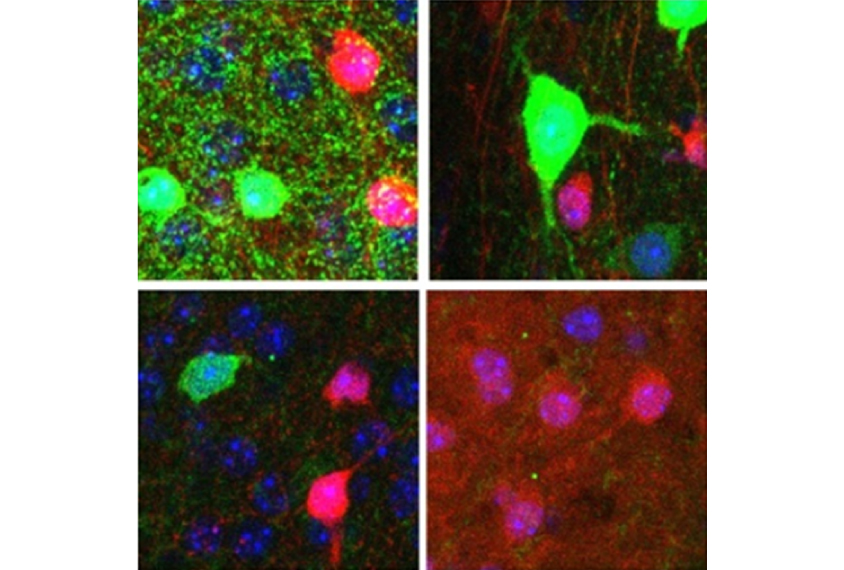Huda Zoghbi is a Howard Hughes Medical Institute investigator and professor of molecular and human genetics at Baylor College of Medicine in Houston, Texas. She is also director of the Jan and Dan Duncan Neurological Research Institute. Zoghbi explores the biology of genetic disorders such as Rett syndrome, and the genes essential for normal neurodevelopment.

Huda Zoghbi
Professor
Baylor College of Medicine
From this contributor
Remembering Steve Warren (1953-2021): A giant in the field of genetics
Steve Warren co-discovered the genetic mechanism that underpins fragile X syndrome and was a generous, inspiring mentor to many.

Remembering Steve Warren (1953-2021): A giant in the field of genetics
Questions for Huda Zoghbi: Studying Rett in the rodent brain
Removing the Rett syndrome gene, MeCP2, from distinct cells and brain regions reveals hidden features of the condition.

Questions for Huda Zoghbi: Studying Rett in the rodent brain
Explore more from The Transmitter
Neuroscience has a species problem
If our field is serious about building general principles of brain function, cross-species dialogue must become a core organizing principle rather than an afterthought.

Neuroscience has a species problem
If our field is serious about building general principles of brain function, cross-species dialogue must become a core organizing principle rather than an afterthought.
This paper changed my life: Ishmail Abdus-Saboor on balancing the study of pain and pleasure
A 2013 Nature paper from David Anderson’s lab revealed a group of sensory neurons involved in pleasurable touch and led Abdus-Saboor down a new research path.

This paper changed my life: Ishmail Abdus-Saboor on balancing the study of pain and pleasure
A 2013 Nature paper from David Anderson’s lab revealed a group of sensory neurons involved in pleasurable touch and led Abdus-Saboor down a new research path.
Sex bias in autism drops as age at diagnosis rises
The disparity begins to level out after age 10, raising questions about why so many autistic girls go undiagnosed earlier in childhood.

Sex bias in autism drops as age at diagnosis rises
The disparity begins to level out after age 10, raising questions about why so many autistic girls go undiagnosed earlier in childhood.